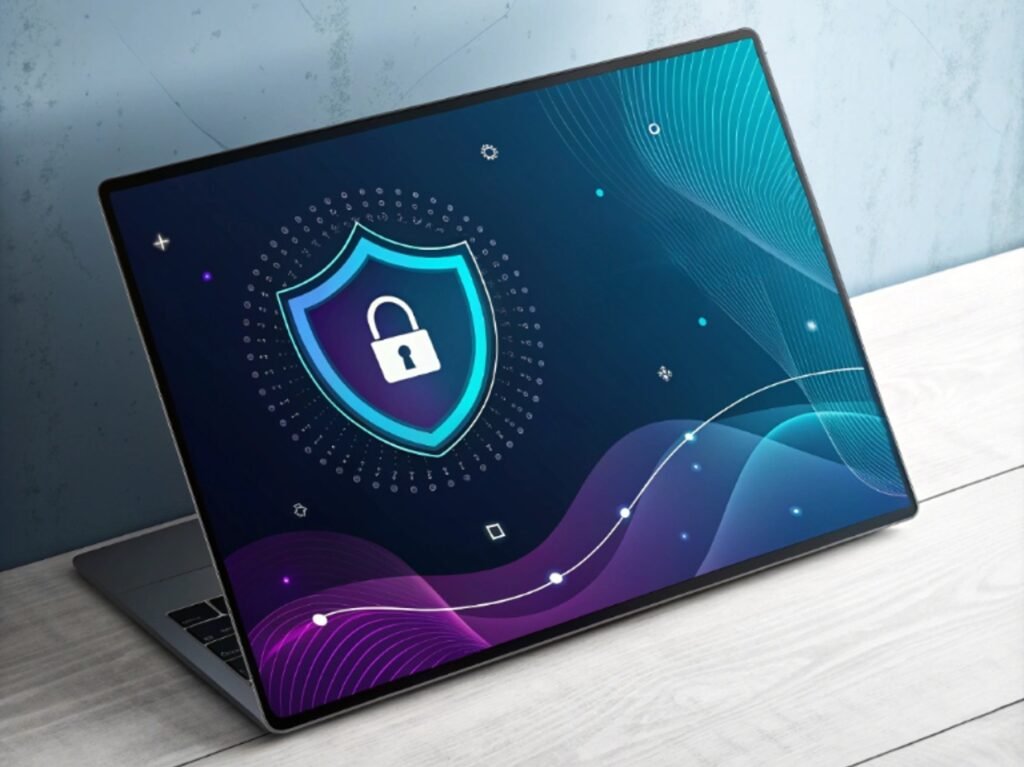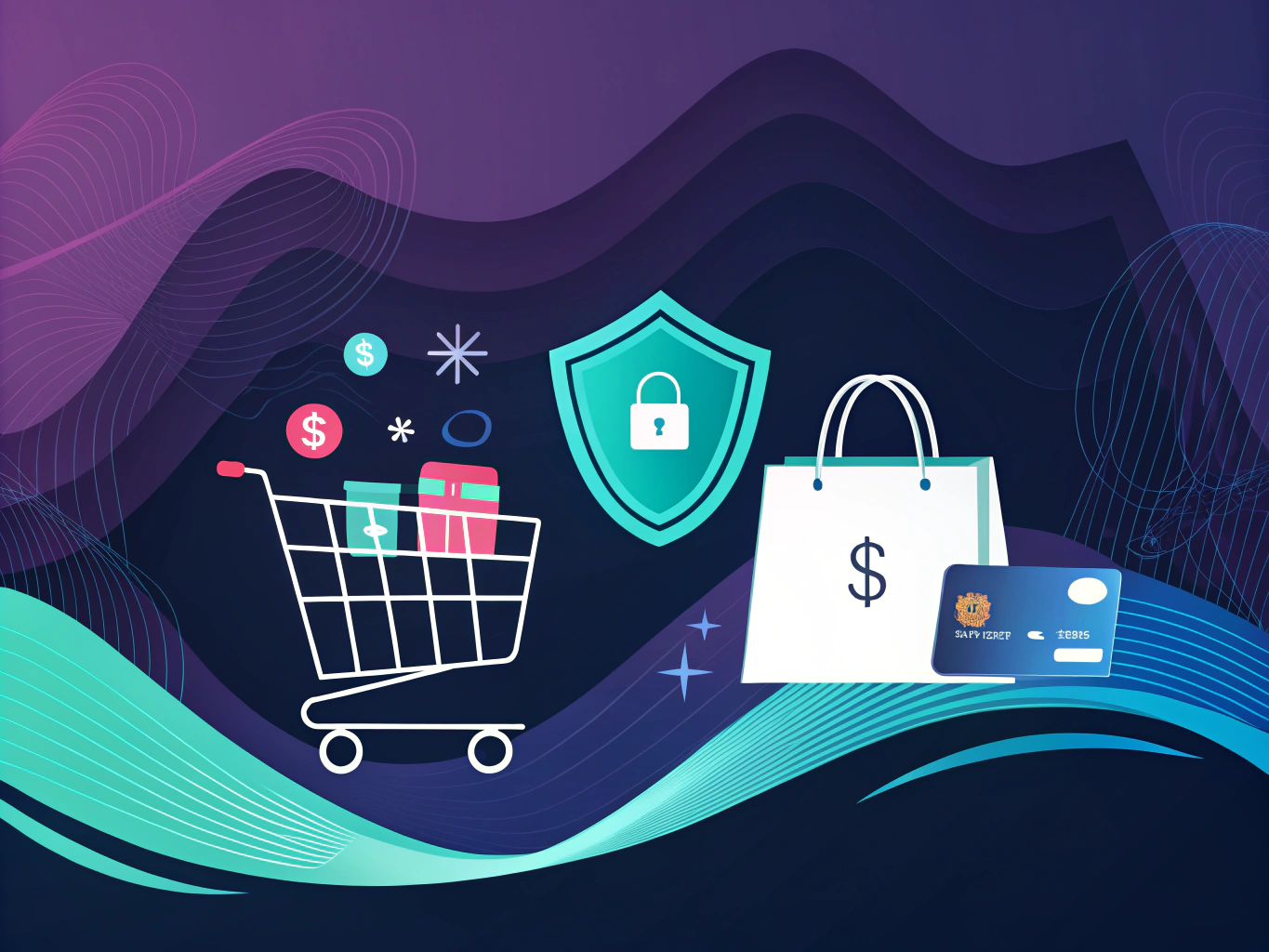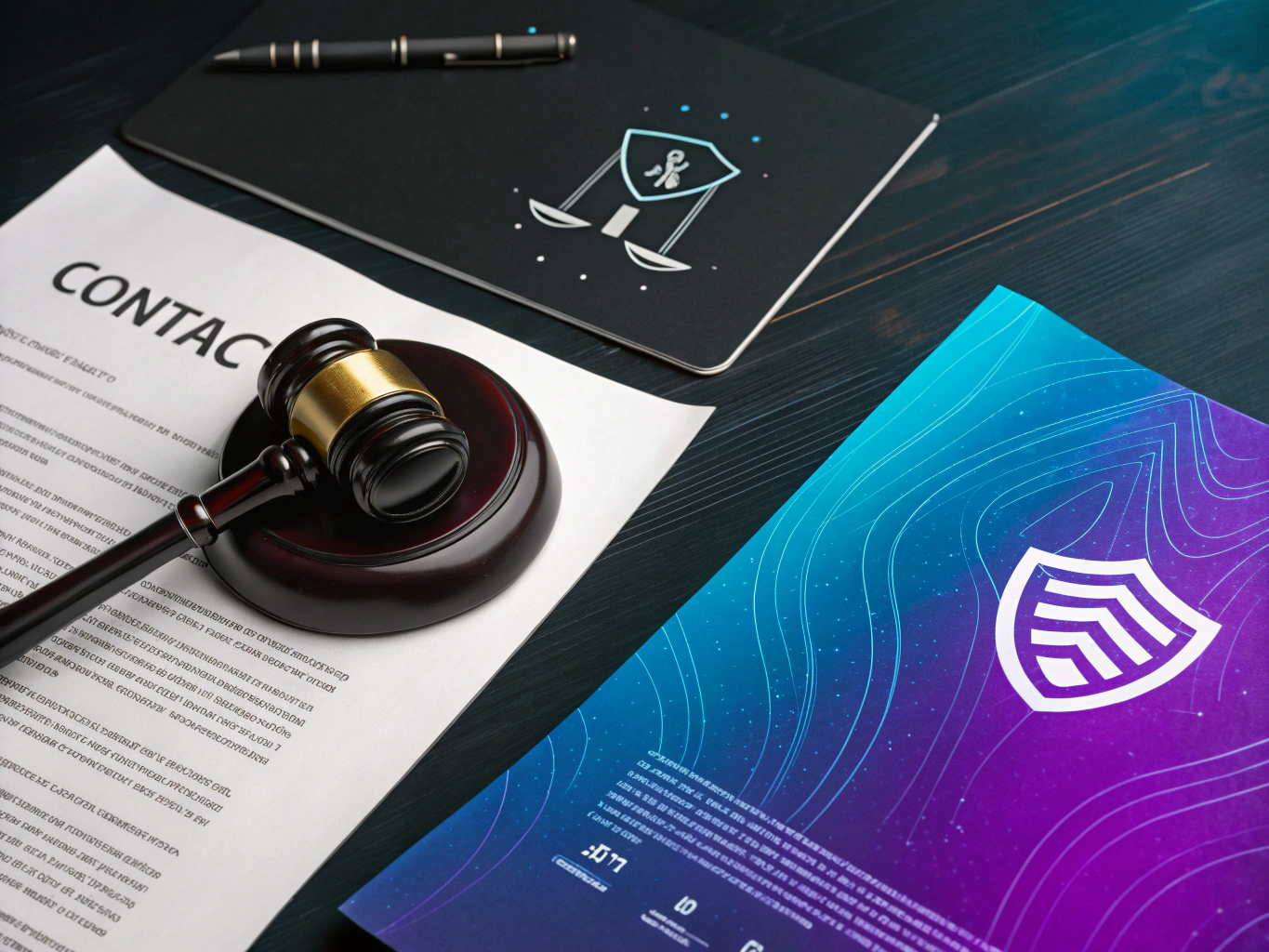When shopping online, one of the most common questions consumers ask is whether Shopify stores are legitimate and safe to purchase from. As e-commerce continues to grow, understanding the legitimacy of Shopify-powered stores has become crucial for making informed purchasing decisions. This comprehensive guide will help you navigate the Shopify ecosystem and shop with confidence.
What is Shopify?

Shopify is a leading e-commerce platform that powers over 2 million online stores worldwide. As a legitimate, publicly-traded company (NYSE: SHOP), Shopify provides businesses with the tools and infrastructure needed to create and manage online stores. The platform processes billions in transactions annually and serves businesses ranging from small startups to major brands like Kylie Cosmetics and Allbirds.
While Shopify itself is undoubtedly legitimate, it’s essential to understand that individual stores using the platform can vary significantly in terms of reliability and trustworthiness. Think of Shopify as a shopping mall landlord – they provide the space and basic infrastructure, but each store’s operations and legitimacy depend on the individual merchant.
The Difference Between Shopify and Shopify Stores
A crucial distinction exists between Shopify as a platform and individual Shopify stores. While Shopify maintains strict security standards and provides robust e-commerce tools, they don’t extensively vet every merchant who creates a store. This means that while myshopify.com domains and shopifyemail.com addresses are legitimate platform features, they don’t automatically guarantee a store’s trustworthiness.
Shopify’s role primarily involves providing the technical infrastructure and basic security measures. They offer features like SSL certificates and secure payment processing, but the responsibility for store operations lies with individual merchants. This setup allows for tremendous entrepreneurial opportunity but also means buyers need to exercise due diligence.
Evaluating Shopify Store Legitimacy
 are shopify stores legit“/>
are shopify stores legit“/>Trust Indicators
When determining if a Shopify store is legitimate, several key trust indicators can help guide your decision:
- Professional Domain Name: Look for stores using custom domains rather than basic myshopify.com addresses
- Complete Contact Information: Legitimate stores typically provide multiple contact methods
- Social Media Presence: Active, engaged social media accounts with genuine followers
- Detailed Product Descriptions: Clear, accurate information about products and services
- Transparent Policies: Easily accessible shipping, return, and privacy policies
Red Flags to Watch For
To avoid potential Shopify scams, be alert to these warning signs:
- Prices that seem too good to be true
- Poor website design or numerous spelling errors
- Limited or missing contact information
- No social media presence or suspicious following patterns
- Vague or missing policy pages
- Pressure tactics like fake countdown timers
How Unbiased Product Reviews Boost Shopify Store Legitimacy
The Role of Unbiased Reviews in E-Commerce
Unbiased product reviews play a crucial role in helping consumers determine the legitimacy of online stores, including those on Shopify. These reviews provide real-world insights into product quality, customer service, and overall shopping experiences, helping potential buyers make informed decisions.
Why Consumers Trust Unbiased Reviews
Many shoppers rely on authentic customer feedback to avoid scams and low-quality products. Unbiased reviews serve as a form of social proof, giving consumers confidence that they are purchasing from a trustworthy seller.
How Unbiased Reviews Enhance a Shopify Store’s Credibility
For Shopify store owners, showcasing genuine reviews can significantly increase trust and sales. When potential buyers see positive, authentic feedback from previous customers, they feel more secure in making a purchase. This transparency also fosters long-term customer loyalty.
Best Practices for Encouraging Unbiased Reviews
- Request Feedback Post-Purchase: Send follow-up emails asking customers to share their experiences.
- Make Reviews Easy to Leave: Implement user-friendly review submission tools on your Shopify store.
- Engage with Customer Reviews: Respond to both positive and negative reviews to show that you value customer feedback.
By prioritizing unbiased product reviews, Shopify store owners can improve their reputation, build consumer trust, and ultimately drive higher conversion rates.
Common Shopify Store Scams
Product-Related Scams
Understanding common scam types can help you shop more safely on Shopify stores. Here are the most frequent product-related issues:
- Dropshipping Bait-and-Switch: Advertising high-quality products but shipping inferior alternatives
- Counterfeit Products: Selling fake versions of branded items
- Non-Delivery Scams: Taking payment without shipping products
- Quality Misrepresentation: Significantly overstating product quality or features
Payment and Transaction Scams
Financial scams on Shopify stores can take several forms:
- Triangulation Schemes: Using stolen credit cards to fulfill orders
- Store Duplicator Schemes: Copying legitimate stores to deceive customers
- Switching Schemes: Changing prices or terms after payment
- Direct Client Schemes: Attempting to move transactions off-platform
- Fake Return Tickets: Creating false tracking numbers for returns
Consumer Protection Measures
Before Making a Purchase
Take these precautionary steps before buying from a Shopify store:
- Research the store’s history and reputation
- Compare prices across multiple platforms
- Verify customer reviews through independent sources
- Check social media engagement and customer interactions
- Look up the business registration if available
During Transaction
Protect yourself during the purchase process by:
- Using secure payment methods with buyer protection
- Checking for SSL certification (padlock icon in browser)
- Keeping detailed records of your order
- Screenshot important information and confirmations
- Avoiding direct bank transfers or cryptocurrency payments
These foundational steps help ensure a safer shopping experience on Shopify stores. Remember that while most Shopify merchants operate legitimate businesses, taking proper precautions protects you from potential scams and ensures a more secure online shopping experience.
Shopify’s Security Infrastructure

Platform Security Features
Shopify maintains robust security measures to protect both merchants and customers:
- Level 1 PCI DSS compliance for payment processing
- 256-bit SSL encryption for all transactions
- Advanced fraud analysis tools
- Regular security audits and updates
- 24/7 security monitoring
These security features create a strong foundation for safe transactions, but they work best when combined with careful consumer practices and awareness.
Evaluating Shopify Store Legitimacy
When shopping on Shopify stores, understanding how to evaluate their legitimacy is crucial for your safety and satisfaction. While Shopify provides a robust platform for e-commerce, individual stores can vary significantly in their trustworthiness and reliability. Let’s explore the key indicators that help determine if a Shopify store is legitimate.
Trust Indicators for Legitimate Shopify Stores
Professional stores typically demonstrate several key characteristics that signal their legitimacy. First, look for a custom domain name rather than a basic myshopify.com address. Legitimate businesses usually invest in their branding by securing a professional domain name that reflects their brand identity.
A comprehensive “About Us” section serves as another crucial trust indicator. This page should provide detailed information about the business, including its history, mission, and the team behind the store. Be wary of stores that offer vague or generic information about their background.
Active social media presence across multiple platforms often indicates a legitimate business. Check their social media profiles for consistent branding, regular updates, and genuine engagement with customers. Look for user-generated content and authentic customer interactions rather than just promotional posts.
Security Features and Certifications
Legitimate Shopify stores prioritize security through various measures. Look for the padlock icon in your browser’s address bar, indicating a secure SSL connection. Additionally, reputable stores often display trust badges and security certifications prominently on their website, particularly during checkout.
Payment security indicators are essential trust signals. Verified stores typically offer multiple secure payment options and display recognized payment logos. Check for PCI compliance badges and other security certifications that demonstrate commitment to protecting customer data.
Common Shopify Store Scams to Watch For
Understanding prevalent scam tactics helps you avoid falling victim to fraudulent Shopify stores. Scammers constantly evolve their methods, but certain patterns remain consistent. Here’s what to watch out for when evaluating is Shopify safe for your online shopping needs.
Product-Related Scams
Dropshipping bait-and-switch schemes represent a common form of deception. Stores may advertise high-quality products but ship inferior alternatives. Watch for prices that seem too good to be true or product images that appear inconsistent across the site.
Counterfeit product scams plague many e-commerce platforms, including some Shopify stores. These operations often copy legitimate brands’ product images and descriptions but deliver fake items. Research typical pricing for brand-name products and be suspicious of dramatic discounts.
Payment and Transaction Schemes
Triangulation fraud schemes involve scammers using stolen credit cards to purchase products from legitimate retailers, then selling these items through their Shopify store. This puts buyers at risk of receiving stolen merchandise and potential legal complications.
Store duplicator schemes copy legitimate businesses’ entire websites, creating nearly identical stores to deceive customers. These scammers often use similar domain names with slight variations to appear legitimate. Always verify the store’s URL carefully and research the business independently.
Protecting Yourself While Shopping

Taking proactive steps to protect yourself when shopping on Shopify stores is essential. Understanding how to tell if a Shopify store is legit requires attention to detail and careful evaluation of several key factors.
Pre-Purchase Research
Before making any purchase, conduct thorough research about the store. Search for independent reviews on third-party platforms, not just testimonials on the store’s website. Check if the business has any presence on review sites like Trustpilot or Better Business Bureau.
Price comparison across multiple retailers helps identify potential scams. If a deal seems unusually good, it probably is. Use tools like Google Shopping to compare prices across different vendors and understand the reasonable price range for specific products.
Transaction Safety Measures
When proceeding with a purchase, use payment methods that offer buyer protection. Credit cards typically provide better fraud protection than debit cards or direct bank transfers. Consider using PayPal or other secure payment processors that offer dispute resolution services.
Document your transaction carefully by saving order confirmations, receipts, and any communication with the seller. Screenshot product descriptions and prices in case of future disputes about item quality or specifications.
Recovery Steps for Scam Victims
If you’ve fallen victim to a Shopify store scam, immediate action is crucial. Understanding can you get scammed on Shopify and how to respond helps protect your financial interests and assists others in avoiding similar situations.
Immediate Actions to Take
Contact your payment provider immediately to report fraudulent charges and initiate a chargeback process. Document all interactions with the store, including emails, order confirmations, and any attempted communication with the seller.
Report the fraudulent store to Shopify’s trust and safety team. While Shopify may not directly resolve individual disputes, they can investigate and potentially take action against fraudulent merchants. File complaints with relevant consumer protection agencies and your local authorities.
Long-term Protection Strategies
Monitor your financial accounts closely for any unauthorized charges following a scam incident. Consider implementing credit monitoring services to protect against potential identity theft resulting from compromised personal information.
Share your experience on reputable review platforms to warn other potential customers. Join consumer advocacy groups or online communities where you can learn from others’ experiences and stay informed about emerging scam tactics.
Understanding is Shopify safe to use requires ongoing vigilance and awareness of evolving threats. While the platform itself maintains robust security measures, individual store legitimacy varies significantly. Remember that myshopify legit concerns often arise from individual merchant behavior rather than platform-wide issues.
Recovery Options for Scam Victims
If you’ve fallen victim to a fraudulent Shopify store, taking immediate action is crucial. The first step is documenting everything related to your transaction, including screenshots of the store, order confirmations, and any communication with the seller. This documentation will be essential for filing disputes and seeking refunds.
Immediate Actions to Take
Contact your payment provider immediately to report suspicious activity. If you used a credit card, call your card issuer to dispute the charge. For PayPal transactions, open a dispute through their resolution center. Many payment providers have specific time limits for filing disputes, so acting quickly is essential.
Report the fraudulent store to Shopify’s abuse team. While Shopify may not directly handle customer refunds, they can investigate and potentially shut down fraudulent stores to prevent further victims. You can submit reports through Shopify’s official channels or by emailing abuse@shopify.com.
Working with Financial Institutions
Your bank or credit card company can be powerful allies in recovering lost funds. Most financial institutions have established procedures for handling fraudulent transactions and can initiate chargebacks on your behalf. Keep detailed records of all communications with your bank and be prepared to provide supporting documentation.
When filing a chargeback, clearly explain why you believe the transaction was fraudulent. Include specific details about missing products, misrepresented items, or communication attempts with the seller. Many banks have dedicated fraud departments that can guide you through this process.
Legal Protections and Consumer Rights

Understanding your legal rights is crucial when shopping on Shopify stores. Consumer protection laws vary by country but generally provide safeguards against fraudulent business practices. In the United States, the Fair Credit Billing Act protects consumers from unauthorized charges and billing errors.
Filing Official Complaints
- Report to the Federal Trade Commission (FTC)
- Contact your state’s consumer protection office
- File complaints with the Better Business Bureau
- Document cases with the Internet Crime Complaint Center (IC3)
International Transactions
Cross-border purchases can complicate the recovery process. Different countries have varying consumer protection laws and enforcement capabilities. If you’ve purchased from an international Shopify store, consider working with consumer protection organizations in both your country and the seller’s location.
Preventing Future Scams
After experiencing a scam, implementing stronger preventive measures becomes essential. Create a personal verification checklist before making purchases from unfamiliar Shopify stores. This should include examining the store’s age, reading reviews from multiple sources, and verifying social media presence.
Digital Security Best Practices
- Use virtual credit card numbers for online purchases
- Enable two-factor authentication on payment accounts
- Monitor credit reports regularly
- Keep detailed records of all online transactions
- Use secure, unique passwords for shopping accounts
Community Support and Resources
Connecting with other consumers who have experienced similar situations can provide valuable insights and support. Online communities often share information about suspicious Shopify stores and effective resolution strategies. These networks can help identify emerging scam patterns and prevention techniques.
Reliable Information Sources
- Shopify’s official security blog
- Consumer protection websites
- E-commerce safety forums
- Scam reporting databases
Future of E-commerce Security

The landscape of online shopping security continues to evolve. Shopify and other e-commerce platforms are implementing advanced fraud detection systems powered by artificial intelligence. These systems can identify suspicious patterns and potentially prevent fraudulent transactions before they occur.
Emerging Security Technologies
Blockchain technology is showing promise in creating more secure and transparent e-commerce transactions. Smart contracts could automate secure payment releases once delivery conditions are met. Biometric authentication methods are becoming more common, adding extra layers of security to online purchases.
Final Recommendations for Safe Shopping
When asking “are Shopify stores legit,” remember that while the platform itself is legitimate, individual stores require careful evaluation. Always maintain a healthy skepticism when encountering deals that seem too good to be true. Trust your instincts and conduct thorough research before making purchases.
Essential Safety Checklist
- Verify store legitimacy through multiple channels
- Use secure payment methods with buyer protection
- Document all transactions and communications
- Know your consumer rights and protection options
- Stay informed about current scam tactics
Boost Your Shopify Store with ProductScope AI 🚀
While shopping safely on Shopify is crucial, ensuring your store stands out with high-quality visuals and optimized listings is just as important. This is where ProductScope AI can help!
🔥 Generate Stunning Product Images
A professional-looking store builds trust. With ProductScope AI, you can generate eye-catching, high-resolution product images that make your store look more legitimate and attractive to potential customers. Say goodbye to generic stock photos—our AI enhances product appeal with customized visuals.
📈 Optimize Your Product Listings for Maximum Sales
A well-crafted product listing improves visibility and conversion rates. ProductScope AI helps you:
- Write compelling, SEO-friendly product descriptions
- Improve product titles for better search ranking
- Ensure your listings are clear, informative, and engaging
💡 Why Choose ProductScope AI?
✅ AI-powered image generation for professional product photos
✅ Automated listing optimization to attract and convert buyers
✅ Simple, fast, and effective—no technical skills required
Start optimizing your Shopify store today with ProductScope AI and gain the trust of your customers effortlessly!
Conclusion
While Shopify provides a legitimate platform for e-commerce, the responsibility for safe shopping ultimately rests with consumers. By understanding the risks, implementing proper precautions, and knowing how to respond to potential scams, you can shop confidently on Shopify stores while protecting your interests.
Remember that legitimate Shopify stores typically maintain professional appearances, provide clear contact information, and have established track records. When in doubt, take extra time to verify a store’s legitimacy before making purchases. The few minutes spent on research can save hours of hassle and potential financial loss later.
Stay vigilant, keep informed about new security measures, and always prioritize protecting your personal and financial information when shopping online. With proper awareness and precautions, you can safely enjoy the convenience of shopping on Shopify stores while minimizing risks of fraud or scams. For more information on online shopping safety, visit Consumer FTC.
Sign Up for ProductScope AI Today!
